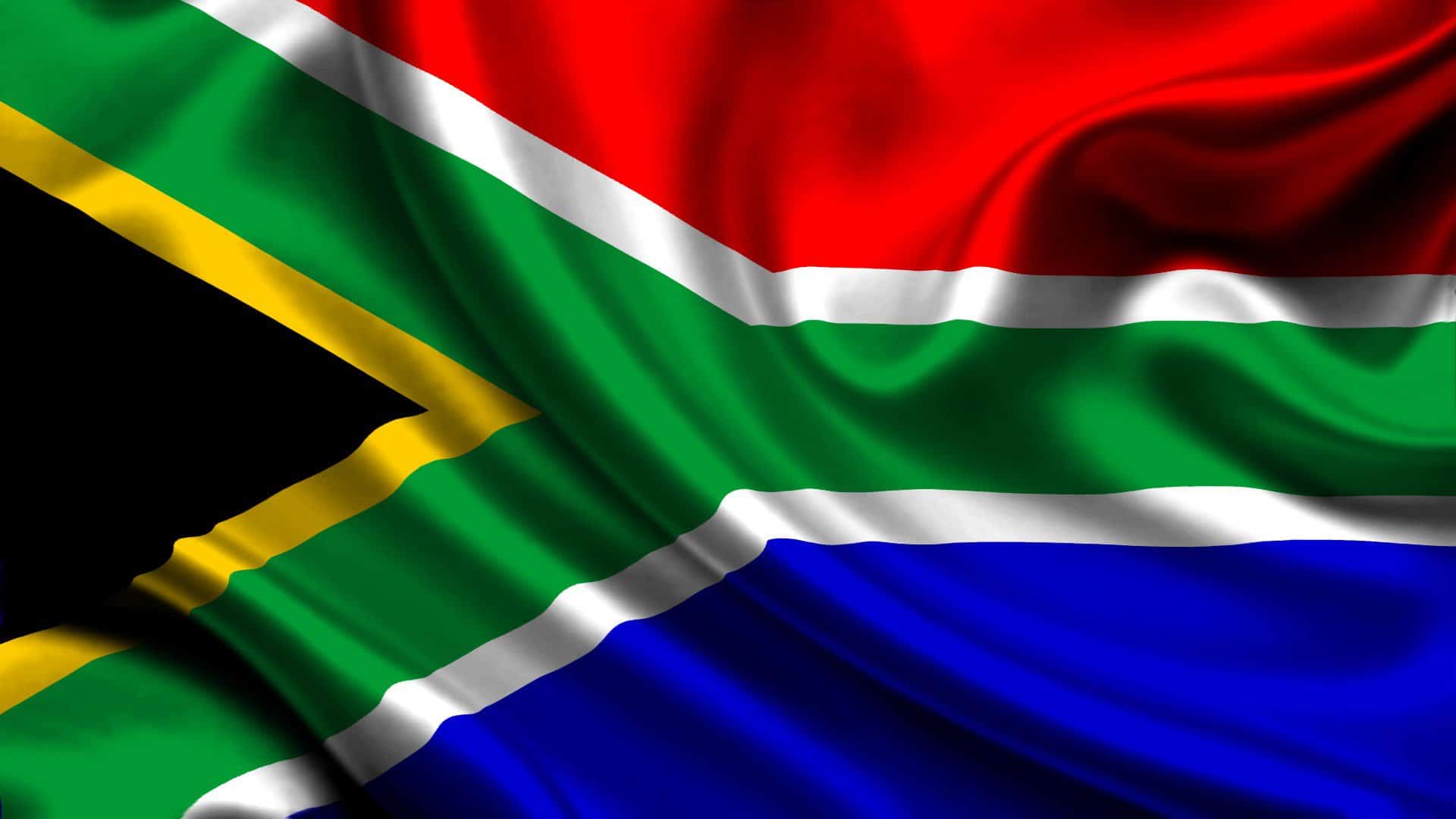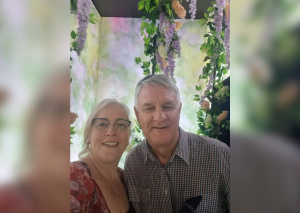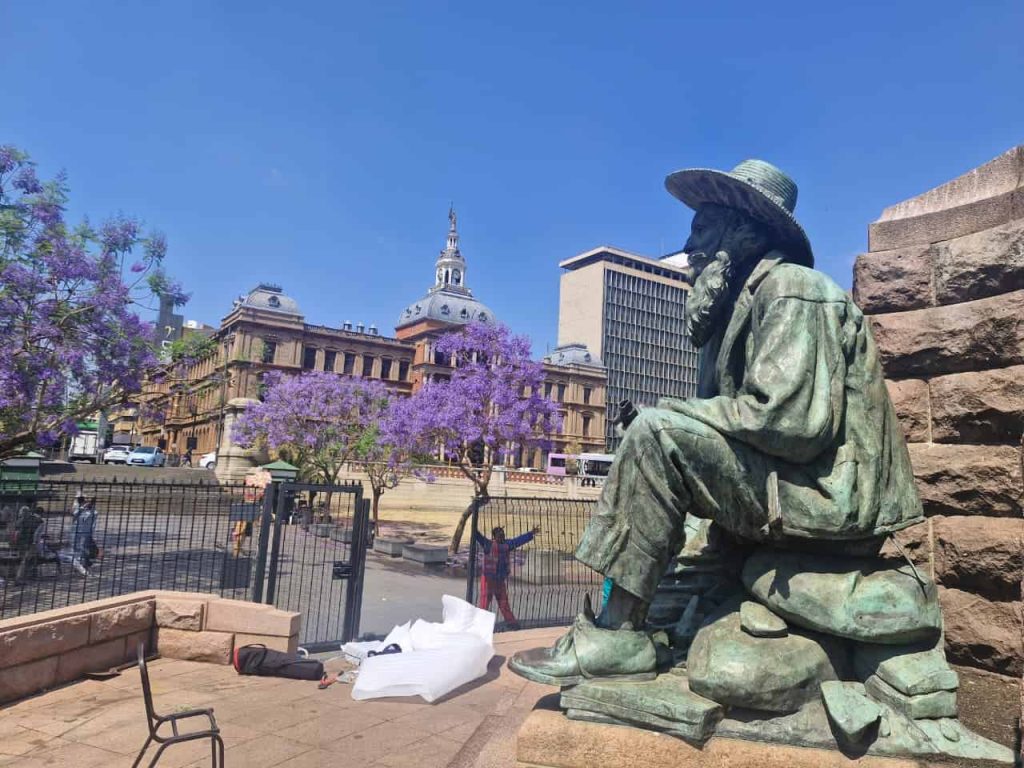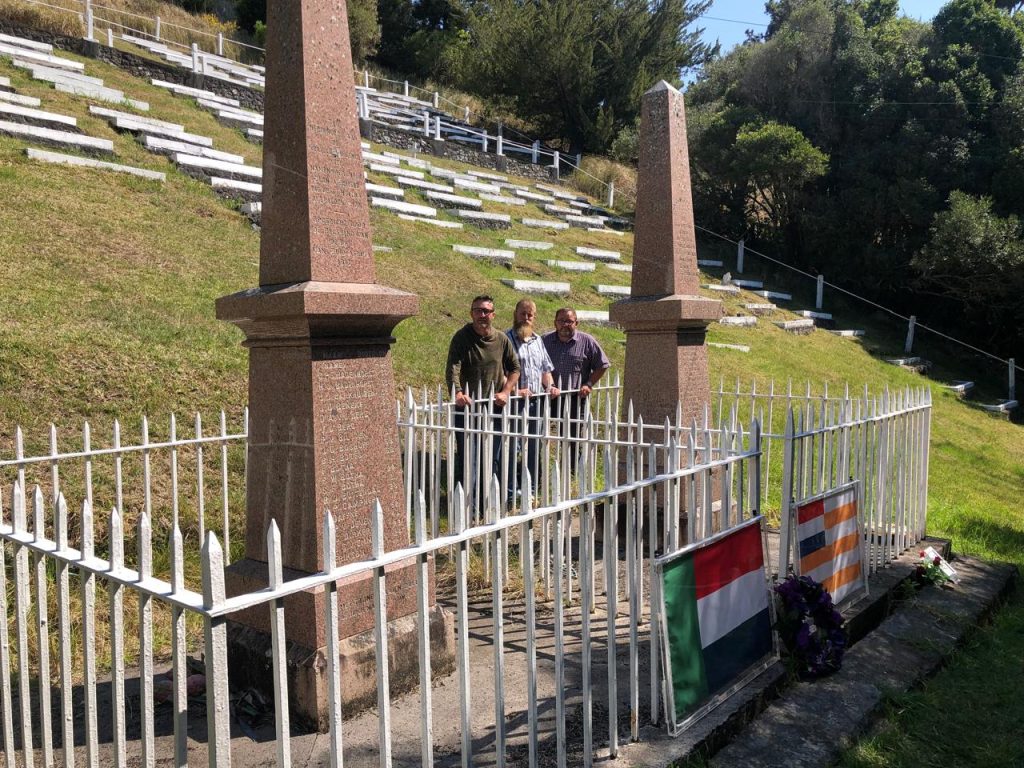What the world knows and does not (want to) know about South Africa
After the recent protests against farm attacks, several individuals have once again emphasised that “foreigners who do not know about farm murders in South Africa need to be informed about it”. At the same time, a video clip was circulated of an EU session where a request for discussion on this theme was unsuccessful.
In contrast, the drama surrounding the controversial Gupta family continues, after Lord Peter Hain had requested the investigation of British companies’ involvement in their irregular financial operations on numerous foreign platforms. In the run-up to the ANC’s conference, the cover of one of the world’s most influential magazines, The Economist, featured the South African flag in the form of a snake, under the heading “The corruption of South Africa”.
Thus, on the one hand there are allegations of ignorance and a total lack of international interest, while on the other hand there is evidence of involvement and intelligence at the highest level.
The question is therefore what foreign countries know about South Africa, what they want to know and what they do not want to know.
Who are “foreign countries”?
To answer this question, clarity is needed on what is meant by “foreign countries”.
As a starting point, it can be assumed that countries that need to be informed about events in South Africa should preferably be countries with influence. If we are talking about Germany, for example, we are talking about South Africa’s second largest trading partner (after China), with investments of more than R81 billion in this country. A country like Togo, on the other hand, is not exactly a major trading partner and has limited influence, with an ambassador who has not been appointed on a residential basis.
Governments and senior business people of influential countries, especially countries with large investments, trade interests or a large number of citizens living temporarily or permanently in South Africa, all have extensive intelligence services. They use their own services and/or private institutions to constantly analyse security issues and crime trends in the country and to provide them with feedback. Often, they will be even better informed about contentious issues and risks in the country than most South Africans are.
Secondly, literally hundreds of representatives of mainstream international media institutions are stationed in South Africa. The country is a popular base for them, from where they can follow stories throughout Southern Africa or even further away. Most of them belong to the Foreign Correspondents’ Association of South Africa (see www.fcasa.org). Their reporting is based on topical issues, but also a thorough knowledge of the unique fields of interest of their respective niche markets. While we may believe that the whole world will be interested in a particular South African issue, they will often know that it is not the case. In 2017, for example, more had been published about farm attacks than ever before, but then particularly in cases where victims were foreign citizens.
We live in a time where we are engulfed with news. We filter it according to our own interests and cannot blame the rest of the world for doing the same. People who expect foreign governments to pronounce themselves against corruption and crime in South Africa, are usually extremely ignorant about corruption, crime and violence in other countries.
During December 2017, in a conversation with a senior European parliamentarian, this inconvenient truth was once again confirmed for me when he shrugged his shoulders and said: “Yes, an average of 52 murders a day is tragic, but you are still not a Syria, and other world leaders have as many complaints against them as your President Zuma, and perhaps even more.” In most cases, South Africa is simply not the core focus of international attention.
What about international liaison, then?
Despite the fact that foreign governments and business people collect their own intelligence about South Africa, institutions such as AfriForum or Solidarity can always play a supplementary role in providing credible information from our perspective. We may possibly have knowledge of situations that are not yet widely known and may be of interest to them. We do not have knowledge of all negotiations and conversations behind the scenes either, and perhaps the communication of such information comes at a time when it can make a significant difference in such negotiations.
As far as international institutions are concerned, the South African government has also frequently shown sensitivity to criticism over time. The fact that the ANC government has now resumed attempts to withdraw from participation in and accountability to the International Criminal Court, illustrates this. So does the fact that the government annually sends representatives to the UN Forum on Minority Affairs in Geneva, Switzerland (which AfriForum has attended since 2010) to attack AfriForum and to try to discredit us when we criticise government’s handling of issues like mother tongue education and farm attacks. It is therefore necessary to use these platforms to put pressure on government to handle these issues more effectively.
Good relations with credible media institutions are also needed, because we might just be able to arouse a journalist’s interest enough to do a story about an issue that he or she has previously overlooked.
In all these cases, credibility is of the utmost importance. False stories often caused major damage to important South African issues in the past. On several occasions, pictures were distributed of so-called victims of farm murders and posters that incite people to murder – but later it emerged that those pictures were not even taken in South Africa. Unfortunately, everyone who believed it and became upset about it, and then had to learn that it was false news, will in future be extremely sceptical about any real news on those issues. We must therefore unmask such stories, prevent their distribution as far as possible and establish ourselves as an accessible source of reliable information. The association with individuals or institutions who make themselves guilty of exaggeration or the spreading of false news, must also be avoided at all costs.
Another reason why foreign liaison is needed, is the much-needed widening of knowledge that it offers. We can learn from the best practices of other countries and media, and thereby also continuously improve the services we provide.
Building a network of credible collaborators throughout the world provides us with the opportunity to exchange mutual knowledge and experience, and this must constantly receive attention.
In summary, it is therefore necessary to be realistic about international ties – it will not provide instant solutions to our problems in South Africa, but it remains essential because it is indeed one of the bricks for building the road to solutions.
The onus is on us to build that road further, through work on our credibility, realistic calculations about what is internationally possible and necessary, and especially our own involvement in our problems and the creation of strong, independent, own institutions.
It is thus literally a case where neither of the two routes – national or international liaison – can be neglected at the expense of the other. Therefore, both form part of the strategies of AfriForum and the broader Solidarity Movement. – Alana Bailey, Deputy CEO, AfriForum.
This article first appeared in Afrikaans on the Maroela Media website.
Share on
Latest articles




















